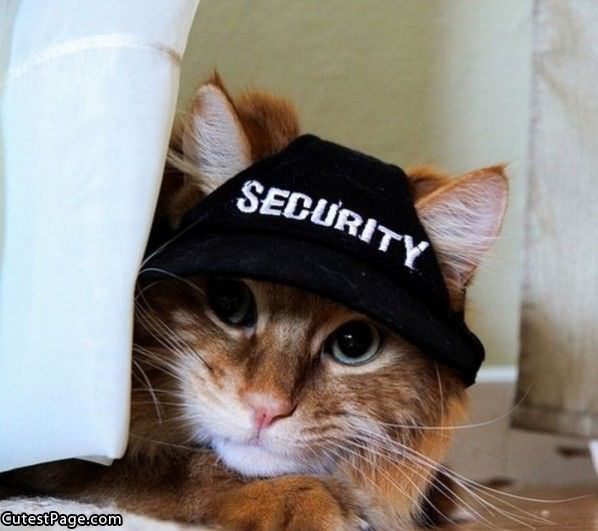We know why the first topic is important. I've written plenty about data breaches, keeping yourself safe online and how to decrease your exposure to identity fraud. But cats? Interestingly, the Internet has had a long fascination with cats. And memes are everywhere starting with the early days of Lolcats and Keyboard Cat. Disclaimer - I am not a cat person... I don't own any and am not a fan. But I do like a good meme!
Regardless of your pet of choice, we do care about our pets and they are often treated like members of the families. And that includes... pictures. If you do a search on cat pictures or pet pictures, you'll see plenty. If you look on people's social network profiles, Facebook, Instagram, Pinterest, etc., there will be pet pictures all over the place. You can even find them on "professional" sites like LinkedIn.
Looping back to security and privacy... it's hard enough to keep your data safe when you're deciding what to share. Many sites deal with the normal stuff - name, A/S/L, credit card numbers, and more. You can enter this info to a site, or not. But it's much harder when you don't realize that you are sharing data. Or, put another way, how do you know when you're sharing more than you think you are. There is hidden data and data sharing happening on the net everywhere. For example, when you connect to a website, that connection creates a log that includes things like: your IP address, your browser type, your computer/phone/tablet operating system and other info. The site may put a "tracking cookie" on your machine to help customize your experience while gathering more data.
Then there's metadata. This is data about data. For example, when you take a picture with a digital camera or your phone, there is all kinds of additional data "attached" to that photo including: location, IP address, and timestamp. There is also a great deal of extra visual information, other than the core subject in the photo including: views of your house, entrances, other people and surroundings.
There is a fun and interesting website called "I Know Where Your Cat Lives". They simply connect to photo sharing and social sites, grab cat photos, mine the metadata, connect the photo to a map, and create stats and charts. Oh yes, and display cat photos!
The lesson here is to pay attention to your digital surrounding. When you take a picture, know what else is in that picture. When upload a picture to a site, think about what data is going with that picture. Most photo software gives you the ability to edit and alter most of the metadata. Are you automatically uploading photos?


